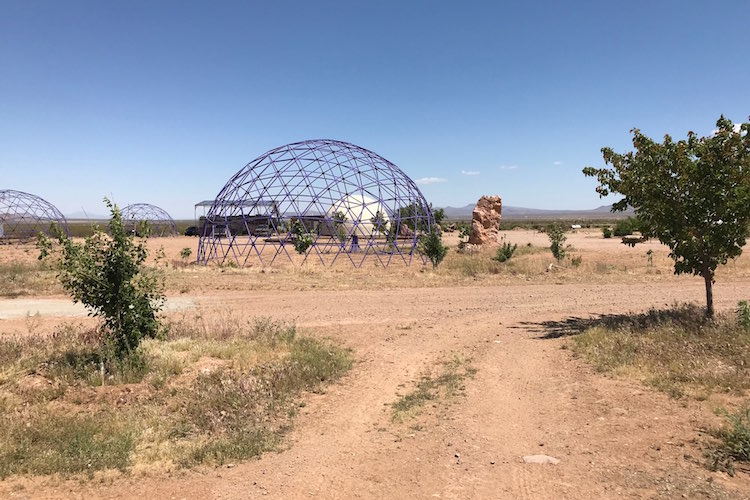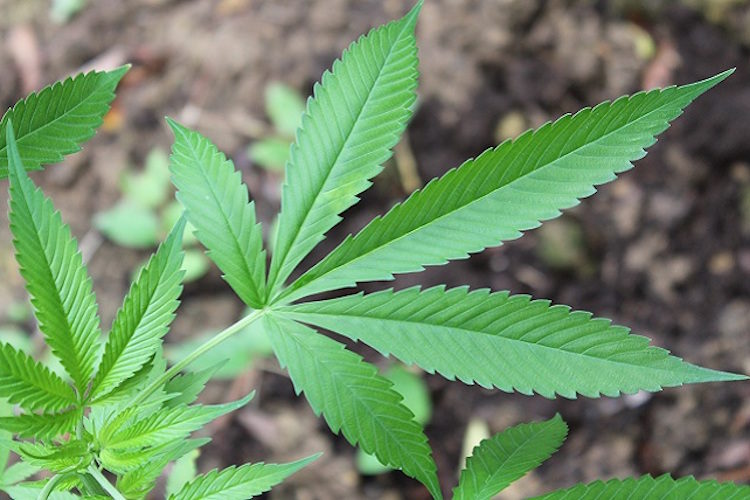Another state joins the hemp revolution.
Gov. Doug Ducey signed Senate Bill 1098 (SB1098), into law on Monday, May 14, 2018. The measure establishes a hemp agriculture pilot program and will allow for the cultivation, processing and sale of industrial hemp and products made from it. To participate in the pilot program, farmers will be required to obtain a license from the Arizona Department of Agriculture and comply with strict regulations.
Gov. Ducey said in a press release that the law creates new opportunities for Arizona farmers.
“This bill opens Arizona to the possibility of a new agricultural product,” said Gov. Ducey. “I’m glad to sign a bill that could have a positive economic impact for the state.”
“Hemp uses a third of the water that cotton does. With the water issues going on in Arizona right now, that’s a home run for Arizona farmers right there.” – Sean Dugan
Sean Dugan’s family has farmed land near Casa Grande for three generations. He told local media that hemp is an excellent crop for Arizona’s arid climate.
“Hemp uses a third of the water that cotton does. With the water issues going on in Arizona right now, that’s a home run for Arizona farmers right there,” he said.
Hemp Eco-Village Being Built in the Arizona Desert
Established farmers looking to diversify their crop base aren’t the only ones that see opportunity in the passage of SB 1098. In the Golden Valley of Mojave County, the Veterans Village Holistic and Education Center will soon be under construction.
Once completed, the 14-acre village will include six geodesic domes and house a cafeteria, seven classrooms and 15 RV campsites for students to use for temporary housing. A holistic learning and healing center will support veterans struggling with PTSD, addiction and other issues.
A solar- and wind-powered energy system was recently completed to supply the village with power. Three onsite wells capable of supplying 300 gallons of water per minute complete the facility’s off-the-grid infrastructure.
Participants will take classes in growing hemp and learn other skills to help them achieve self-sufficiency, such as raising chickens, beekeeping and organic gardening. Once they’ve completed the educational program, vets will get the opportunity to farm and live on a parcel known as a kins domain. The village and about 160 domains will make up the 500-acre co-op known as a kins community.
Dwight Jory, project manager for Veterans Village Kins Community Arizona Inc., told HEMP that the goal was teach veterans a sustainable way to live and work together.

The Veterans Village Kins Community, under construction. Photo CMW Media
“We’re teaching them to live off-grid, in somewhat of a cooperative nature, on our kins domains, which are two-and-a-half acre parcels that will be located generally close to our Veterans Village.”
The economic driver of these new agricultural villages will be hemp. Each parcel will have a one-acre field for hemp, a vegetable plot, pond, family tree and other amenities.
In addition to the hemp grown on each kins domain, another 100 acres will be grown by the community cooperatively. To provide a market for the veterans’ crop, a 100,000 square foot CBD processing plant is being built by project partner Hemp Inc. The facility will produce cannabidiol products for market and for medicinal use by members of the community.
Jory said that he expects the project will be very popular with veterans from the first planting, which should occur in 2019.
“We think we’ll be full for our first class, whenever that is. When we’ve completed our construction and open the doors, we think we’ll be deluged with interest.”
He also said that even though they haven’t yet started signing on participants, as word of the hemp village spreads he is already hearing from vets interested in the upcoming program.
“We’re not recruiting, but we’re answering inquiries right now, and I’m probably getting four or five a week.”
If the project is a success, it could be the start of a new trend. Hemp Inc. is exploring the possibility of creating additional veterans kins communities in several other states including North Carolina, South Carolina, Florida, Kentucky, Tennessee and West Virginia.


